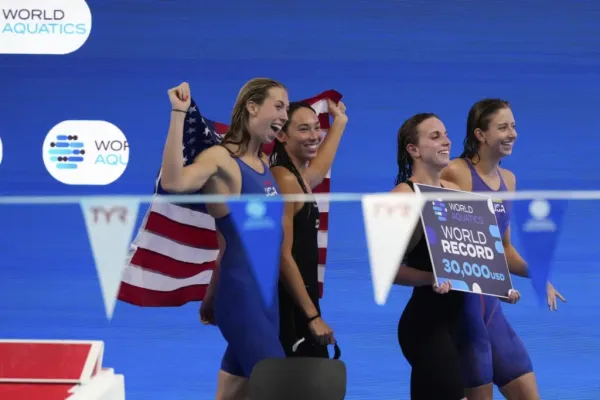Facebook founder Mark Zuckerberg owns a massive estate in Hawaii that continues to spark public interest and local backlash. It began in 2014, when Zuckerberg purchased 700 acres on the lush north shore of Kauai for $100 million. Over the next decade, that initial investment quietly expanded into a secluded 2,300-acre property now known as Koolau Ranch—an ultra-private compound that has become a lightning rod in discussions about land ownership, cultural preservation, and wealth inequality in Hawaii.
According to building permits, aerial surveys, and investigative reports, the estate features at least two main homes connected by underground tunnels. Scattered throughout the property are guest accommodations, wellness centers, and additional facilities—many of them hidden from view.
One of the most striking features is a 5,000-square-foot underground bunker, reportedly outfitted with reinforced doors, emergency exits, and safe rooms. For perspective, the bunker alone is nearly the size of an NBA basketball court and more than double the area of an average American home. The estate reportedly includes self-sufficient energy and food systems.
While Zuckerberg’s representatives emphasize sustainable architecture and a commitment to the environment and local communities, the project’s secretive nature—reinforced by non-disclosure agreements signed by staff—has only fueled curiosity and suspicion.
The broader conversation around Koolau Ranch reflects a deeper societal divide. Supporters cite the philanthropic efforts of Zuckerberg and his wife, Priscilla Chan—such as a $75 million donation to a hospital in San Francisco—while detractors question the optics and ethics of tech billionaires building hyper-private retreats in places rich with cultural significance.
From Modest Buy to Massive Stronghold
What started as one of Hawaii’s most high-profile land deals soon grew through a series of discreet acquisitions. By strategically purchasing adjacent plots, Zuckerberg stitched together what is now one of the largest privately owned estates on the island. Koolau Ranch spans agricultural fields, conservation zones, and heavily secured residential complexes.According to building permits, aerial surveys, and investigative reports, the estate features at least two main homes connected by underground tunnels. Scattered throughout the property are guest accommodations, wellness centers, and additional facilities—many of them hidden from view.
One of the most striking features is a 5,000-square-foot underground bunker, reportedly outfitted with reinforced doors, emergency exits, and safe rooms. For perspective, the bunker alone is nearly the size of an NBA basketball court and more than double the area of an average American home. The estate reportedly includes self-sufficient energy and food systems.
Dozens of Buildings, Treehouses, and Rope Bridges
Reports claim that Koolau Ranch includes a dozen buildings with at least 30 bedrooms and 30 bathrooms in total. Guest houses and operational facilities are said to be connected via rope bridges, and the property also features 11 disc-shaped treehouses. One structure is reportedly designed to include a full-sized gym, multiple swimming pools, a sauna, hot tub, cold plunge, and even a tennis court.While Zuckerberg’s representatives emphasize sustainable architecture and a commitment to the environment and local communities, the project’s secretive nature—reinforced by non-disclosure agreements signed by staff—has only fueled curiosity and suspicion.
Cultural Tensions and Ethical Questions
Despite promises of responsible land use, many Native Hawaiians view the Koolau Ranch development as a symbol of cultural erasure and the growing inaccessibility of ancestral lands. Critics argue that estates of this magnitude contribute to inflated property prices and displacement of local residents.The broader conversation around Koolau Ranch reflects a deeper societal divide. Supporters cite the philanthropic efforts of Zuckerberg and his wife, Priscilla Chan—such as a $75 million donation to a hospital in San Francisco—while detractors question the optics and ethics of tech billionaires building hyper-private retreats in places rich with cultural significance.








